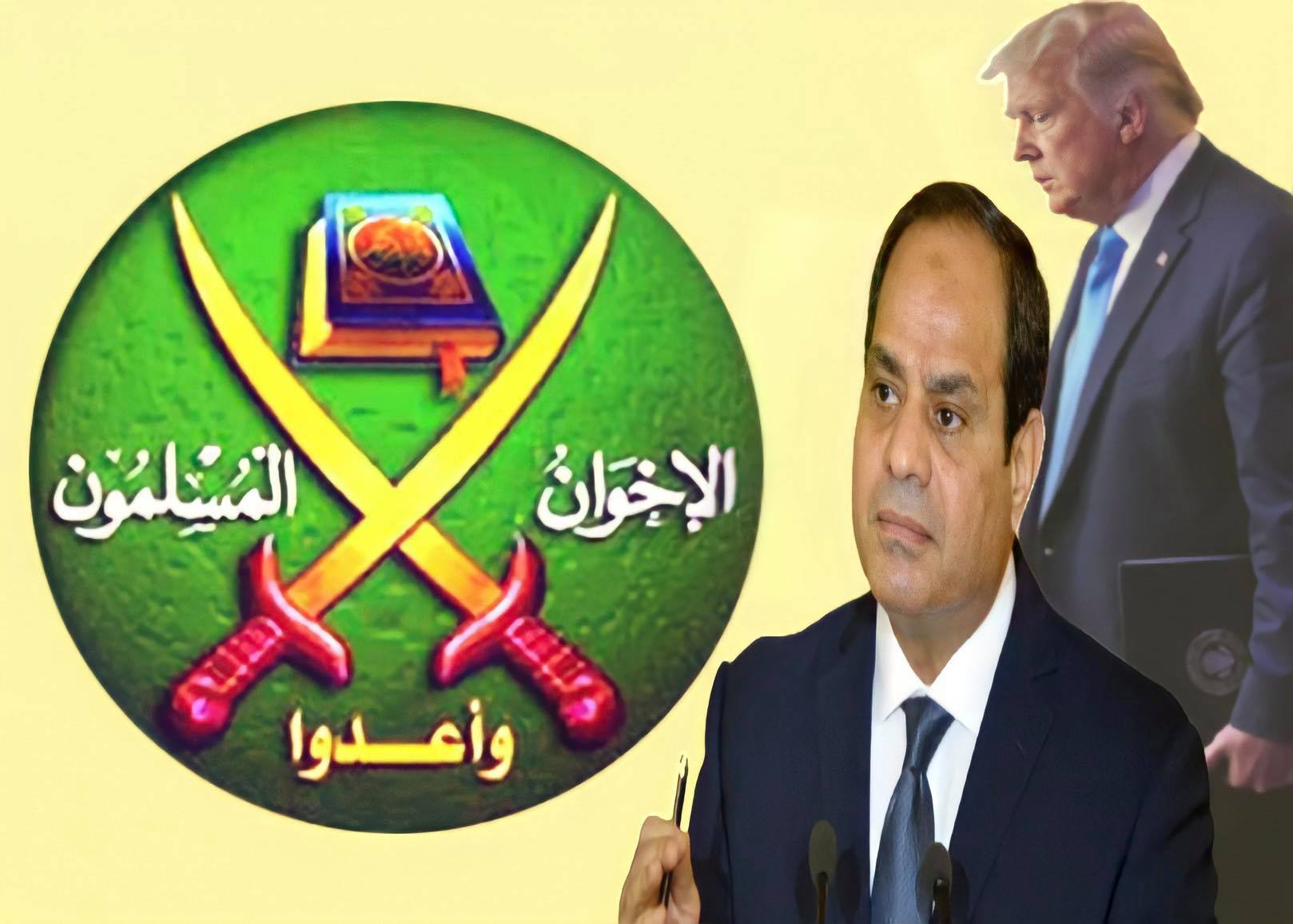Arrest campaigns and new escalations are being launched by General Abdel Fattah al-Sisi’s regime against the Muslim Brotherhood, in conjunction with the imminent departure of Trump, and Biden’s control of the presidency in America. The new escalation came in light of talk of a breakthrough in Egyptian human rights after Biden’s success in the US presidential elections and many detainees’ release in October.
Politicians believe that this escalation by al-Sisi’s regime comes in anticipation of any position of the new US administration after Joe Biden will take over the reins of power within days. Signs of an escalation emerged after the regime’s widespread arrest campaigns during the past weeks against several opposition youths affiliated with the Brotherhood, including those who were detained before that and then released. Concurrently, the authorities arrested two former ministers in the late President Mohamed Morsi government for allegedly joining a terrorist group.
The arrests included the former Minister of Transport, Hatem Abdel-Latif, and before him, the Minister of Manpower in the Morsi government, Khaled al-Azhari, on politicised charges. Prominent businesspeople were also arrested for allegedly financing a terrorist group.
The new escalation continued with the start of the trial of Mahmoud Ezzat, the acting mentor of the Muslim Brotherhood, where he appeared for the first time since his arrest, and his photos inside the court attracted widespread sympathy. Pictures published by local newspapers showed Ezzat looking exhausted, in poor health, and with shabby clothes, despite the cold weather, in the courtroom of the Tora court complex, in the case known in the media about the events of the Guidance Office. The new security campaigns coincided with media campaigns from al-Sisi’s regime that justified the arrest of business people and ministers in Morsi’s government, following statements from al-Sisi while he was in France.
Abdel Fattah al-Sisi made statements explicitly attacking the group, which some considered the beginning of a new campaign targeting them. Al-Sisi attacked the Brotherhood and rarely mentioned it by name. In an interview with Le Figaro newspaper, he said that it was not out of thin air to place the Muslim Brotherhood on the list of terrorists in Egypt in many countries of the region.
A new stage
The campaigns and the new escalation raised questions from several observers, especially that it came after the release of some detainees and the talk of specialists about a breakthrough in human rights in Egypt. For his part, Izz el-Din al-Koumi, deputy of the Human Rights Committee at the former Shura Council, said that the accusations directed against the recently detained former ministers indicate a new phase of escalation. The regime accuses the former Minister of Manpower of communicating with business people to finance terrorism, and the former Minister of Transport is accused of communicating with leaders abroad and participating in schemes aimed at destabilising security and stability.
Meanwhile, Jamal Heshmat, a leader in the MB, believed that the arrest campaigns targeting members of the group and opponents of the established regime had not stopped since the military coup, even if they were more intense in some periods of time than others. In the same context, politicians see that this recent escalation against the opposition in general and the Brotherhood in particular comes as an extension of the regime’s policy and approach seven years ago.
Some of them linked the escalation in Egypt with the new campaign launched by Gulf countries against the Brotherhood, which resulted in the Council of Senior Scholars in Saudi Arabia issuing a statement accusing the group of terrorism. Others believed that the al-Sisi regime escalation came within the framework of an attempt to cover up the Italian Giulio Regeni crisis and Rome’s accusations to the al-Sisi regime of being involved in his torture and killing. They explained that this comes within the framework of preparation for the next phase of US foreign policy and within the framework of the al-Sisi regime’s messages to the Biden regime.
Ibrahim Mounir, the Brotherhood’s deputy guide, had expected a change in the Arab region, including Egypt, after Trump’s departure and Biden’s assumption of the US presidency. The expectations came on the heels of Biden’s comments during his election campaign in which he said he would not write blank cheques for Trump’s favourite dictator, referring to al-Sisi and his human rights violations.





Recent Comments